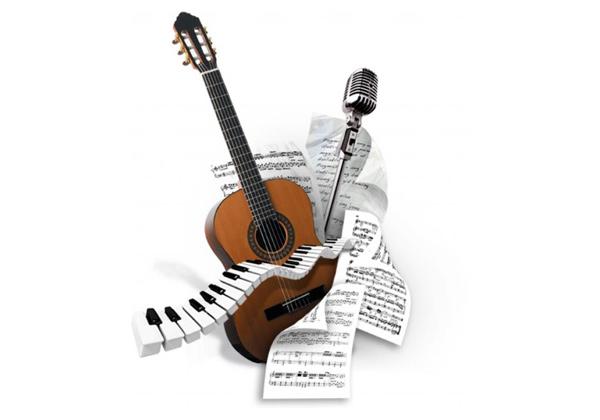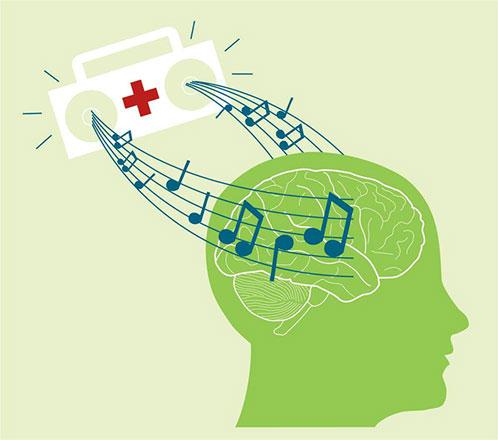You are here
Music: The food of love and good health!
By Mona Choueiry , Family Flavours - Feb 21,2021 - Last updated at Feb 21,2021

Photo courtesy of Family Flavours magazine
By Dr Mona Choueiry
Paediatrician
Many people enjoy music, but did you know that it can be good for your physical, mental and emotional health? It can help improve medical outcomes, decrease stress levels and even increase blood supply to the brain, more than a physical workout or laugh!
Music has been a way of communicating feelings and thoughts across various cultures and historical eras and has proven to alter emotional states. Music is the language of love and romance, joy and sadness, reminiscence and memories.
Why is music in every aspect of our daily lives?
•Music is played in hospital lobbies, dentists’ offices and operating rooms worldwide to decrease stress and pain in patients, especially for those with cancer. Musicians visit children in hospitals to bring enthusiasm, happiness and hope
•Music lifts the mood and relieves anxiety in new mothers and the elderly, especially in Alzheimer’s and Parkinson’s patients
•In malls, music is played to attract customers to stay, linger and shop
•Music brings enthusiasm to sporting events and enhances athletic performance
•Calming music decreases impulsivity and improves pro-social behaviour
•Music encourages optimistic attitudes in people who are withdrawn or struggle with depression; it pushes them to be more engaged with peers and family
•Music, paired with pitch and rhythm, enhances learning and recall. For example, we learn our ABC’s better as a song
•Learning to play an instrument enhances memory, attention and the ability to master language skills
Music therapy
Music therapy can be helpful for patients with disabilities, certain illnesses, and injuries. It involves listening to music, creating and interpreting music, singing, improvisation, analysing lyrics and playing an instrument. Here are areas music therapy can aid in:
•Speech and communication with autism children
•Sleep and weight gain in premature babies
•Asthma control in children
•Grief and bereavement
•Brain injury: speech repair, memory and motor skills improvement and mood lifting
•Substance abuse rehabilitation
•Mental health management of patients with depression and schizophrenia
•Pain alleviation
Different types of
music and their effects
•The Mozart effect: Listening to a Mozart Piano Sonata can increase mathematical skills and spatial-visual abilities
•Binaural beats (when you hear two tones, one in each ear, that are slightly different in frequency): Sounds of nature, such as rainfall in the alpha, theta and delta waves are known as the happy waves. These have calming soothing effects, inducing less stress, more happiness, deeper sleep, better memory, more creativity and easy learning
•Grunge music: Heavy metal rock, for example, will induce sadness, hostility and fatigue, even in teenagers who like this kind of music
•Pop, rock, oldies and classical music: This genre of music makes adolescents more friendly, relaxed, optimistic and calm
•Instrumental Baroque music: Look up “Baroque Music for Studying and Brain Power” on YouTube since it can improve attention and reasoning in children
Reprinted with permission from Family Flavours magazine
Related Articles
Listening to music at home may reduce cancer patients’ pain and fatigue and ease symptoms like loss of appetite and difficulty concentrating
By Issam AhmedWASHINGTON — What makes some music so enjoyable, and can science help us engineer the perfect pop song?A group of researchers
Traditional depression treatments like psychotherapy or medication might work better for some patients when doctors add a dose of musi


















